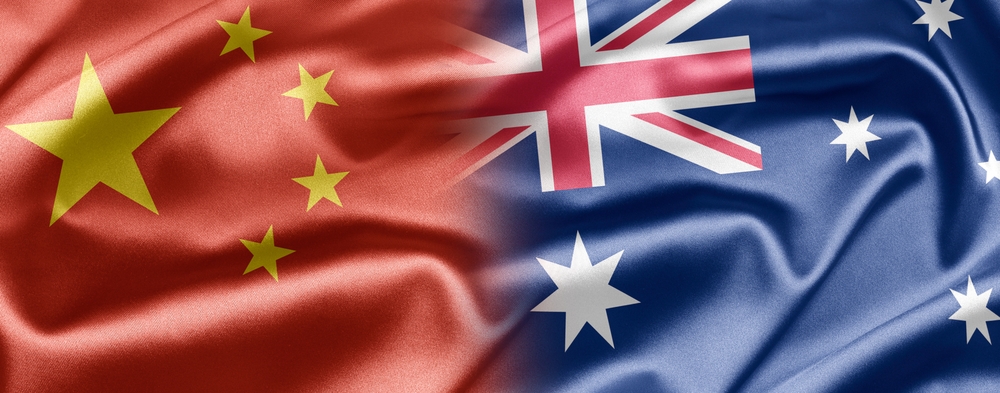
Is the Free Trade Agreement with China your chance to expand?
Growth and expansion are both significant influences on business development, but how many SME owners have considered breaking into international markets?
This option is set to become easier for enterprising businesses, with Australia signing a Free Trade Agreement (FTA) with China, currently the country's largest trade partner .
What does the FTA mean for businesses?
One of the positives for Australian companies is the removal of export tariffs in most cases, making the process of international expansion more cost-effective for the nation's businesses. Up to 85 per cent of all exports will be tariff-free when the agreement goes live, a figure that will rise to 95 per cent in due course.
The agreement is set to expand on a relationship that has already yielded significant trade value for both countries. In the 2013-14 financial year, trade between the two nations totaled close to $160 billion, a number which could rise much further.
The Australian Chamber of Commerce and Industry (ACCI) believes the deal isn't a guarantee for business success, but rather an incentive that will pay dividends for companies that make the most of it.
ACCI CEO Katie Carnell advises businesses of all sizes to reevaluate their potential for expansion into Chinese markets in light of the new regulations imposed by the FTA to ensure they aren't missing out on growth opportunities.
"Now the deal is signed, the next round of hard work begins – to ensure all Australian businesses take up the opportunities created by the agreement," she said.
"The massive economic benefits of the deal will only be realised if businesses make use of it."
If recent FTAs with Japan and Korea are anything to go buy, it shouldn't be long before the benefits reach Australian businesses. According to the Minister for Trade and Investment Andrew Robb, these agreements are only months old, yet are already creating substantial increases in exports to these nations.

 Optimism of SMEs at highest recorded levels
Optimism of SMEs at highest recorded levels Are open plan offices all they’re cracked up to be?
Are open plan offices all they’re cracked up to be? How to create a budget for small business and why it’s important
How to create a budget for small business and why it’s important